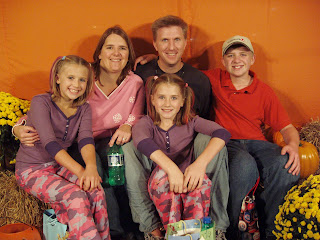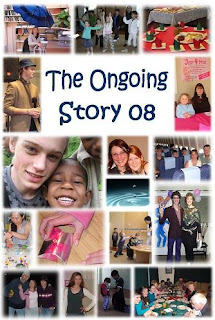PUGS Pointers #4: Be a Professional
PUGS* Pointers
(*Punctuation, Usage, Grammar, and Spelling)
by Kathy Ide
In this column, freelance author, editor, and speaker Kathy Ide shares tips on Punctuation, Usage, Grammar, and Spelling (“PUGS”). She also explains why it’s important for writers to polish their PUGS.
Each article in this column will address one item in each area. For more PUGS Pointers or to purchase Polishing the PUGS book, see Kathy Ide’s Web site.
PUGS Pointers are based on the current industry-standard references in the United States.
For books:
The Chicago Manual of Style (15th edition, © 2003)
Merriam-Webster’s Collegiate Dictionary (11th edition, © 2003)
For articles:
The Associated Press Stylebook (© 2004)
Webster’s New World College Dictionary (© 2002)
Many publishing houses have their own in-house style guides that may differ in some aspects from the standard references. However, unless you’re writing exclusively for one particular publisher, it’s best to follow the standard references and let the in-house proofreaders adjust to house style.
WHY POLISH YOUR PUGS?
PUGS errors give an unprofessional appearance to publishers.
You don't want an acquisitions editor or someone on a publishing committee looking at your manuscript and thinking, "You know, this author has some good things to say, but she sure doesn't know a comma from a semicolon."
PUNCTUATION TIP:
Plurals
Do not use an apostrophe when pluralizing. Here are some words people tend to incorrectly insert apostrophes into:
dos and don'ts
no ifs, ands, or buts
the 1980s
the Joneses
"I had to go to three DMVs to get my license renewed."
Exception: To avoid confusion, pluralize lowercase letters and abbreviations with two or more periods (or that have both capital and lowercase letters) with an apostrophe-s.
x's and y's
a's and b's
M.A.'s and Ph.D.'s
*See The Chicago Manual of Style (15th edition) Rule #7.6–7.16 and The Christian Writer's Manual of Style (2004 edition) page 51.
USAGE TIP:
ensure/insure
ensure (verb) means "to assure," "to secure," "to make something certain or sure."
"Molly wanted to ensure that her manuscript was received by the publisher."
insure (verb) means to guard, protect, safeguard, or shield.
"Allstate insured the property against theft and vandalism, but not terrorism."
GRAMMAR TIP:
among vs. between
Things are divided between two people or things, but among more than two. Thus, "The royalties will be divided equally between Megan, Becky and Connie" implies that the money is to be split into two equal portions. Megan gets half; Becky and Connie split the other half. (The missing comma between Becky and Connie also supports the claim that Megan gets half while Becky and Connie split the other half.)
SPELLING TIP:
all right
Most dictionaries list alright as a legitimate word, but most book publishers do not consider it acceptable. Unless you are writing for a specific publisher, and you’re certain that publisher is all right with alright, spell it as two words: all right.
AUTHOR BIO: Kathy Ide has been writing for publication since 1988. She has written books, articles, play and movie scripts, short stories, devotionals, and curriculum. She is a full-time freelance editor, offering a full range of editorial services for aspiring writers, established authors, commercial book publishers, subsidy publishers, and magazines. Her services include proofreading, copyediting, substantive/content editing, coauthoring, ghostwriting, and mentoring/coaching. She also speaks at writers conferences across the country. She is the founder and coordinator of The Christian PEN: Proofreaders and Editors Network and the Christian Editor Network. To find out more, please visit her Web site.
Kathy Ide has been writing for publication since 1988. She has written books, articles, play and movie scripts, short stories, devotionals, and curriculum. She is a full-time freelance editor, offering a full range of editorial services for aspiring writers, established authors, commercial book publishers, subsidy publishers, and magazines. Her services include proofreading, copyediting, substantive/content editing, coauthoring, ghostwriting, and mentoring/coaching. She also speaks at writers conferences across the country. She is the founder and coordinator of The Christian PEN: Proofreaders and Editors Network and the Christian Editor Network. To find out more, please visit her Web site.












































 J. M. Hochstetler writes stories that always involve some element of the past and of finding home. Born in central Indiana, the daughter of Mennonite farmers, she graduated from Indiana University with a degree in Germanic languages. She was an editor with Abingdon Press for twelve years and has published three novels.
J. M. Hochstetler writes stories that always involve some element of the past and of finding home. Born in central Indiana, the daughter of Mennonite farmers, she graduated from Indiana University with a degree in Germanic languages. She was an editor with Abingdon Press for twelve years and has published three novels. 















